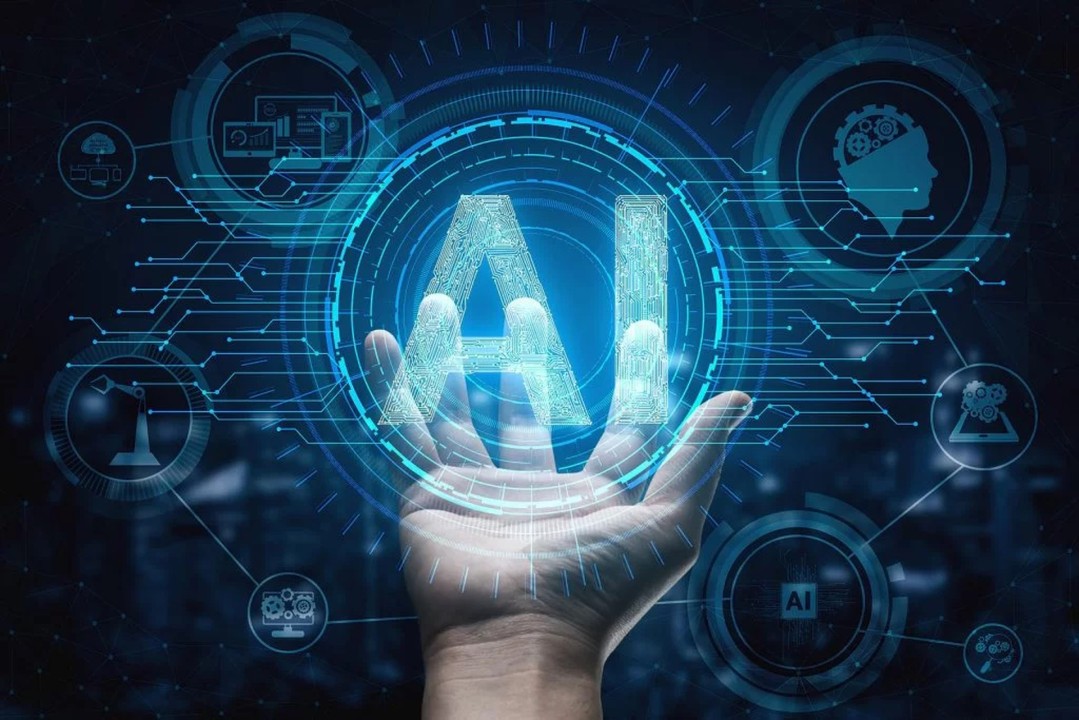Understanding Artificial Intelligence
Artificial Intelligence, or AI, is a revolutionary technology that enables machines to simulate human intelligence and perform tasks that traditionally required human intervention. At its core, AI is a branch of computer science that focuses on developing smart algorithms and systems. This section will explore the definition and basics of AI, as well as the different types of AI.
Definition and Basics
AI can be defined as the ability of machines to understand, reason, learn, and adapt based on the data they receive. It involves the development of algorithms that can process vast amounts of data, recognize patterns, and make decisions without explicit human programming.
Types of Artificial Intelligence
There are primarily three types of AI: Narrow AI, General AI, and Super AI. Narrow AI, also known as Weak AI, is designed to perform specific tasks, such as virtual assistants like Siri and Alexa. General AI, on the other hand, possesses human-like cognitive abilities and can understand and perform tasks across various domains. Super AI, often referred to as Artificial General Intelligence (AGI), surpasses human intelligence and has the potential to outperform humans in almost every cognitive task.
Applications of AI Across Industries
The transformative power of AI extends across various industries, revolutionizing the way businesses operate. Let’s delve into some of the significant sectors where AI has significantly impacted.
Healthcare
AI has the potential to revolutionize healthcare by enhancing diagnosis accuracy, drug discovery, and personalized treatment plans. Machine learning algorithms can analyze patient data to detect diseases at an early stage and predict patient outcomes with high precision.
Finance
In finance, AI is utilized for fraud detection, algorithmic trading, and customer service chatbots. AI-driven tools can analyze vast financial data sets to identify trends and patterns, assisting financial institutions in making data-driven decisions.
Manufacturing
AI-powered robots and automated systems have optimized production processes in manufacturing. These robots can perform intricate tasks with high efficiency, leading to improved productivity and reduced errors.
Retail
AI is transforming the retail industry through personalized shopping experiences, recommendation systems, and inventory management. Retailers use AI to analyze customer preferences and behavior, enabling them to offer targeted promotions and enhance customer satisfaction.
AI and Automation
One of the most significant impacts of AI is automation, which has the potential to reshape industries and job roles. Let’s explore the benefits of AI in automation and the challenges it presents.
Benefits of AI in Automation
AI-driven automation can streamline repetitive tasks, saving time and resources for businesses. By delegating mundane tasks to machines, employees can focus on more strategic and creative endeavors.
Challenges and Concerns
The integration of AI-driven automation may lead to job displacement and concerns over the future of work. Businesses must address these challenges by fostering a culture of continuous learning and upskilling to prepare the workforce for AI-driven transformations.
AI and Data Analytics
The integration of AI with data analytics has revolutionized decision-making processes in various industries. Let’s explore how AI enhances data analytics.
Enhancing Decision-Making
AI can process vast amounts of data and generate valuable insights, enabling businesses to make data-driven decisions. This can lead to improved efficiency, productivity, and competitive advantage.
Predictive Analysis
By leveraging AI for predictive analysis, businesses can forecast future trends and outcomes, enabling them to proactively respond to potential challenges and opportunities.
The Future of Jobs with AI
The rise of AI raises questions about the future of jobs and the workforce. This section will explore the potential disruptions and the importance of upskilling.
Job Disruption and Transformation
AI-driven automation may lead to certain job roles becoming obsolete, but it will also create new job opportunities in the field of AI development and data analysis.
Upskilling the Workforce
To adapt to the changing landscape of work, upskilling the workforce is crucial. Continuous learning and acquiring skills that complement AI will be essential for employees to remain competitive in the job market.
Ethical Considerations of AI
As AI becomes more prevalent in society, ethical considerations come to the forefront. We must address concerns related to bias, fairness, privacy, and security.
Bias and Fairness
AI algorithms are only as unbiased as the data they are trained on. Efforts must be made to eliminate biases in training data and ensure that AI systems treat all individuals fairly.
Privacy and Security
AI’s ability to process vast amounts of data raises concerns about data privacy and security. Robust measures must be in place to protect sensitive information and prevent data breaches.
AI in Customer Experience
AI’s impact on customer experience is undeniable. This section will explore how AI enhances customer interactions.
Personalization
AI-driven personalization enables businesses to tailor products and services to individual customer preferences, leading to improved customer satisfaction and loyalty.
Virtual Assistants
Virtual assistants powered by AI, such as chatbots, enhance customer support by providing instant responses and round-the-clock assistance.
AI and Creativity
AI’s influence is extending into the realm of creativity. Let’s explore how AI is transforming content creation, art, and music.
Content Creation
AI-powered tools can generate written content, such as articles and blog posts, efficiently. However, human creativity remains essential for crafting engaging and emotionally resonant content.
Art and Music
AI is being utilized to create art and compose music. While AI-generated pieces can be impressive, they lack the emotional depth and unique perspective that human artists and musicians bring to their work.
The Road Ahead
The future of AI is bright and full of possibilities. As information technology continues to advance, it will drive innovation and create opportunities for businesses and society.
Implementing AI in IT Operations
Data Collection and Processing
AI algorithms require vast amounts of data to operate effectively. IT teams must establish robust data collection processes and ensure data quality for accurate insights.
Machine Learning Algorithms
Machine learning is at the core of AI operations. Training algorithms to recognize patterns and make informed decisions enhances the accuracy of predictions and automation.
Automation and Decision-Making
Automation of routine tasks, such as software updates and security patches, frees up IT personnel to focus on strategic initiatives. AI-driven decision-making provides real-time responses to changing conditions.
Conclusion
Artificial Intelligence is undoubtedly transforming industries, driving efficiency, and presenting new opportunities. While the integration of AI brings many benefits, we must also address ethical concerns and prepare the workforce for the changing landscape of work. Embracing AI responsibly and harnessing its power for the greater good will pave the way for a promising future.



